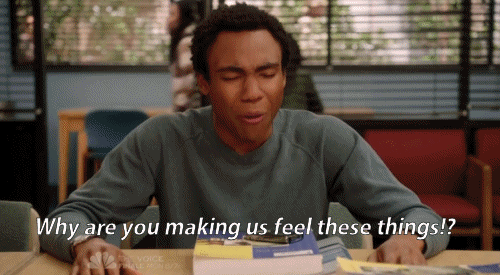Therapeutic Dungeons & Dragons
Ever wonder what it might feel like to slay your mental health dragons?
Want to add an element of fun to your therapy?
No experience necessary!
What Is Dungeons and Dragons?
Dungeons and Dragons, also known as D&D, is a popular tabletop roleplaying game. It was invented by Gary Gygax and Dave Arneson in 1974, so it’s been around for a while and has built up a large following of devoted players. We have seen in increase in interest since wonderful tv shows such as Community and Stranger Things highlighted the game! Players in D&D take on the role of a character in a fantasy world, and they collaborate with other players to pursue a goal, collect treasure, or defeat bad guys. Unlike most other games, there is no set path to take, and characters don’t just progress along spaces on a board. What makes D&D and other roleplaying games unique is that the players improvise to create a story together, and their choices affect what happens next.
The game is facilitated by a lead player, called the Dungeon Master, who describes situations for the players and asks them how they’d like to proceed. Then, it’s up to the players to decide how their character would act in a given situation. To add an element of chance to the game, players then have to roll a die to see how well their plan works. It’s not competitive, and there are no winners or losers: everyone works together toward a common goal. This can lead to surprising, funny, and even touching moments during game play that could never have been planed in advance.

What Are the Mental Health Benefits of D&D?
Play of all kinds has mental health benefits—it’s why play therapy has been used to help kids since psychology was a new and emerging field. Play helps us to assimilate information we’ve learned, test new ways of behaving before using them in real life, hone our social skills, and boost our creative problem-solving abilities.
Although we might think of play as something reserved for little kids, the truth is that older children, teens, and even adults benefit from having playful experiences in life. Unfortunately, the older we get, the harder it is to find socially acceptable ways to play. D&D is an awesome, age-appropriate way for older kids and adults to recapture that playful childhood feeling and reap some of the same benefits that play has for younger kids.

Some of the possible mental health benefits of D&D are:
-
Expand skills in managing anxiety
-
Improved social skills with peers
-
Increased self-esteem and self-confidence
-
Ability to express yourself and your needs assertively
-
Improved impulse control and practice with turn-taking
-
Stronger creative thinking and problem-solving skills

How Does a D&D Therapy Session Work?
Usually, D&D therapy is group therapy: you need a team of at least 3 or 4 people to get the game going. Unlike other forms of group therapy, D&D groups tend to be pretty intimate, which makes it easier for players to get to know each other. It’s most common for therapy groups to meet on a weekly basis.
Typically, groups begin with a check-in for participants to talk out of character and connect with each other. This is a great time to share about how the week has gone, and share anything that has happened that might be relevant to the group’s goals. Once everyone is settled in, the actual game-play portion of the session begins, facilitated by at least one therapist who can keep an eye on everyone’s progress and make sure that everyone is having fun. After playing, the group ends with a wrap-up conversation, which can be a great time to connect what is happening in the game to the particular goals of the therapy group.
What will I need to participate?
Just a good internet connection and a phone/tablet/computer with a camera. If you have your own dice, great! If not, we have lots of ways to work around that.
Who can participate?
Our groups are open to anyone in our listed age groups! You may be in therapy with another provider or not in therapy at all - you are welcome to join us! Once you sign up, Zac will schedule a short intake session to get to know you and your goals for the session, and to ensure you are a good fit for the group.

What is the cost?
We accept most major insurances, including the three Medicaids in New Mexico, so your fee may be based on your insurance plan. We do offer a self pay rate, please call for details.
I'm interested! What's next?
-
Participants must be taken on as clients and will be required to complete an intake before being able to join (if they are not currently a client). As such please plan to have started signing up and getting the intake done two weeks before the upcoming session. If this is not enough time, we will finalize the intake and then sign you up for the following season.
-
There will be a free D&D and D&D Beyond orientation meeting the week before each season. It is highly recommended that any new players who are unfamiliar with D&D attend this session as this will cover the basics of D&D, making a character, and how to use D&D beyond. This is especially important as you will be expected to have a character made to the requirements of the group and ready to go for our first session.
-
The first session of the season is dedicated to introductions, world building, and establishing safety rules for the group. This is a mandatory session and if you will be unable to attend, please let me know and we will sign you up for the following season.
-
Sounds good? Then please complete the referral form and we will be in touch!
